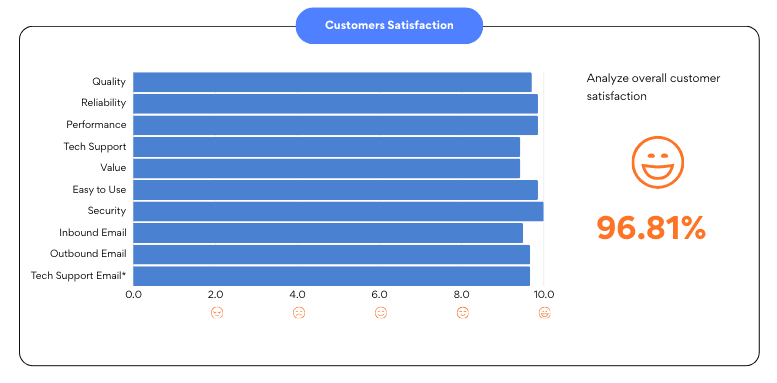Introduction to Anycast DNS
Speed and reliability are paramount in the ever-evolving digital landscape; Anycast DNS is a critical technology ensuring users connect to websites efficiently. We will dissect the concept of Anycast DNS, explore its features, and explain why it is an essential component of modern Internet infrastructure.
Understanding Anycast DNS
Definition and Functionality
Anycast DNS is a network routing methodology wherein multiple servers are assigned the same IP address, and the network directs a user request to the server that is geographically closest to the user. This method is unlike traditional unicast routing, where one IP address corresponds to one server.
How Does It Work?
In Anycast DNS, the user request is routed to the nearest server based on routing table metrics, such as the number of hops or the overall latency. The primary focus here is to minimize the time to reach the server, thereby improving a website’s or application’s responsiveness.
 Benefits of Anycast DNS
Benefits of Anycast DNS
1. Improved Load Distribution
With Anycast DNS, the distribution of user requests is better managed, preventing any single server from becoming a bottleneck. By distributing the load among various servers, we ensure efficient utilization of resources.
2. Enhanced Security
Anycast DNS provides a more robust security foundation. It can mitigate Distributed Denial of Service (DDoS) attacks by distributing malicious traffic across a network of servers, thereby diluting the intensity of the attack.
3. Increased Availability and Redundancy
Anycast DNS can automatically reroute the user’s request to the nearest server if a server fails. This ensures that our services remain available, providing an uninterrupted user experience.
4. Scalability and Performance
This system enables us to scale our services effortlessly, accommodating more users without degrading performance. By routing users to the nearest servers, we reduce latency and enhance the overall user experience.
Implementation and Use Cases
Implementing Anycast DNS requires careful planning, selecting suitable server locations, and consistent monitoring to ensure optimal performance. Some common use cases include:
- Content Delivery Networks (CDNs): CDNs leverage Anycast DNS to provide content from the nearest location, enhancing download speed and user experience.
- Global Business Platforms: For businesses operating across various regions, Anycast DNS ensures that users are always directed to the nearest data center.
- E-commerce Websites: Speed is critical in the e-commerce industry, and Anycast DNS helps achieve faster page loads, translating into better sales conversions.
Conclusion: Why We Need Anycast DNS
In an age where user experience defines success, Anycast DNS emerges as a vital technology. By ensuring speed, security, availability, and scalability, we foster trust among our users and stay ahead of our competitors.
From strengthening security to enhancing accessibility, Anycast DNS’s many benefits make it an indispensable part of our digital strategy. As we strive for excellence online, embracing Anycast DNS equips us with the tools to build a future-ready infrastructure.
The new AnyCast DNS infrastructure, soon to be in public beta, signifies an upgrade for all hosting and reseller customers, including end customers of resellers. By adopting this technology, you can expect a more efficient, reliable, and secure DNS resolution service that ultimately enhances the performance of your web services.




